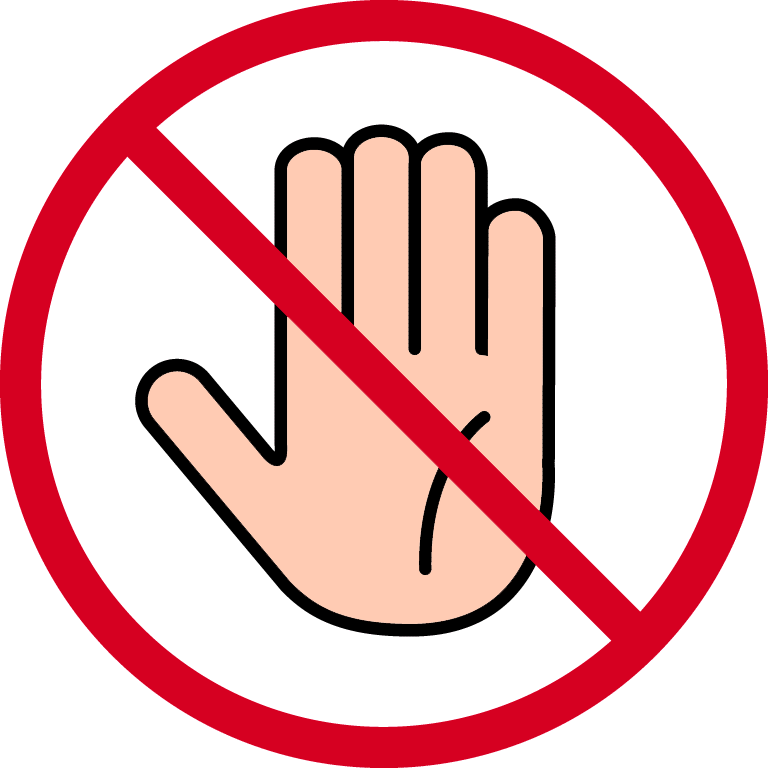*Platinum Member*

Centennial Member

Posts: 109738
Liked By: 63410
Joined: 30 Jun 10
Followers:
3



Tipsters
Championship:
Player
has
not started
|
Health Minister Ong Ye Kung, in a Facebook post on May 13, said: “As with other endemic respiratory diseases, periodic Covid-19 waves are expected throughout the year.”
The two main Covid-19 variants currently circulating in Singapore are LF.7 and NB.1.8 – both descended from the JN.1 variant that emerged in August 2023 – which currently account for more than two-thirds of cases here.
Q. Now that Covid-19 is treated as endemic, what precautions can people take to avoid infection?
A. When Singapore exited the acute phase of the pandemic and lifted its remaining Covid-19 restrictions in early 2023, MOH noted then that the risk of Covid-19 infections leading to severe illness or death had become “very low”, comparable with other endemic respiratory diseases such as influenza or pneumococcal infections.
However, this does not mean people should not take precautions, experts said.
The elderly and younger people with existing health conditions should try to minimise their risk of infection, said Professor Teo Yik Ying, dean of the Saw Swee Hock School of Public Health at the National University of Singapore.
“This could mean going for additional Covid-19 booster jabs, or wearing a mask when outdoors, during a period like this where there is an uptick in the number of Covid-19 cases,” he added, noting that mask wearing can also prevent other infections such as influenza.
“The usual vigilance over hand and personal hygiene will similarly be recommended, and this really is regardless of whether or not there is a surge in cases,” said Prof Teo.
MORE ON THIS TOPIC
S’pore monitoring rise in Covid-19 cases; no indication variants are more transmissible or severe
3-in-1 self-test kit for Covid-19 and flu A/B now available in Singapore
Dr Leong said that those with seniors or vulnerable people at home should also consider taking precautions as they may spread the virus without showing symptoms themselves.
He noted that he typically gives Covid-19 patients medical leave for up to five days – during which they should try to isolate themselves from others – though this duration can vary based on severity.
He noted that in addition to long Covid – symptoms of which include poorer cognitive function as well as respiratory issues such as shortness of breath – some studies have pointed to Covid-19 infection resulting in an increased risk of conditions such as diabetes and dementia.
Q. Should I take the updated Covid-19 vaccine?
A. Dr Leong said the evolution of the coronavirus over time means that everyone, particularly the elderly and immunocompromised, should get a jab of the updated vaccine to be protected.
Prof Teo said: “I will strongly recommend people who are older, or if they have pre-existing health conditions, to be up to date with their Covid-19 and influenza vaccinations.” He added that taking such precautions would help reduce the risk of infection and serious complications.
Since October, updated versions of Pfizer-BioNTech’s Comirnaty vaccine and Moderna’s Spikevax vaccine have been available here, with both having shown to be effective against the JN.1 variant.
Q. Is Covid-19 becoming milder?
A. While some have suggested the disease is becoming milder – with Singapore seeing its average daily cases requiring intensive care decreasing for the week of April 27 to May 3 – this may not be the case, said Dr Leong.
Rather, it is more likely that vaccinations and prior infections have primed people’s bodies for infection, protecting them from serious complications, he suggested.
Some, such as University of Missouri School of Medicine molecular virologist Marc Johnson, have suggested that Covid-19 could evolve from a respiratory infection to a faecal-oral virus, similar to cholera or hepatitis A.
Prof Teo, however, said there is little evidence to suggest Singapore should change its approach to the disease.
“There is a considerable degree of surveillance that is happening, not just in Singapore but across a number of countries, and alarm bells will ring if there are changes to the virus that warrant different strategies to protect the population,” he said.
“At the moment, there is no evidence to suggest the approach that Singapore is taking is inadequate and needs to change.”
Zhaki Abdullah is a correspondent at The Straits Times. He is on the health beat, in addition to occasionally covering science, environmental, tech and Muslim affairs issues.
MORE ON THIS TOPIC
|












